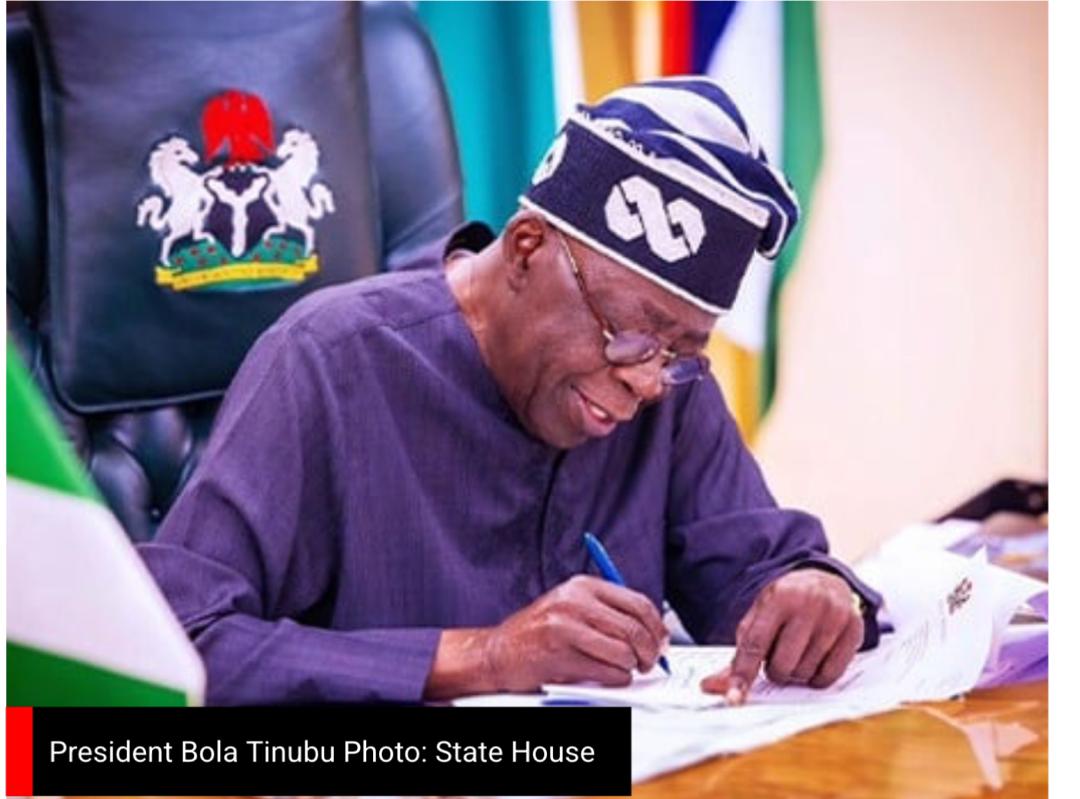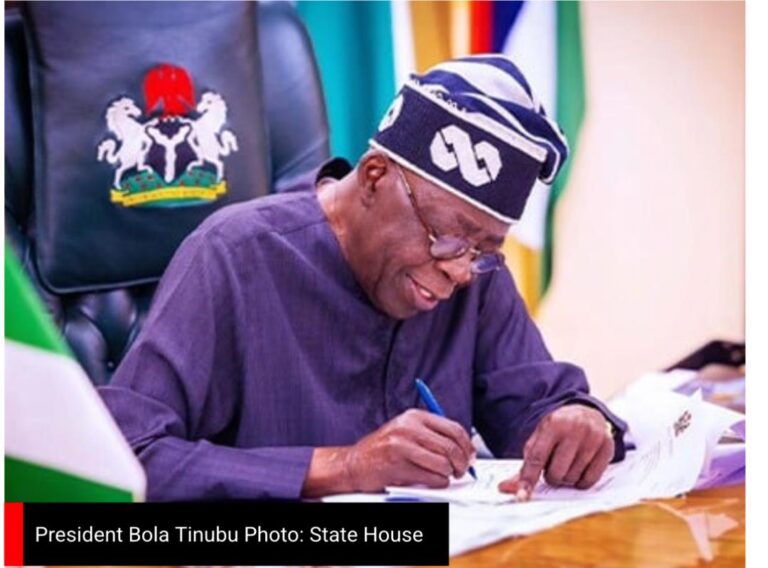
President Bola Tinubu is set to commission the $400m Otakikpo Onshore Crude Oil Export Terminal in Rivers State on October 8, marking the first new crude export facility to be built in Nigeria in over 50 years.
The facility, developed by Green Energy International Limited, operators of the Otakikpo field in OML 11, Ikuru town, Andoni Local Government Area of Rivers State, represents the first wholly indigenous onshore terminal constructed in Nigeria.
The last such facility, the Forcados Terminal, was commissioned in 1971.
The inauguration ceremony is anticipated to draw prominent government officials, including Senator Heineken Lokpobiri, Minister of State for Petroleum (Oil), Rivers State Governor Siminalayi Fubara, and key stakeholders from the oil and gas sector.
According to a statement released by GEIL’s Executive Director of Legal and Corporate Services, Olusegun Ilori, on Thursday, the terminal is aligned with President Tinubu’s initiative to augment crude oil production and address Nigeria’s longstanding evacuation challenges.
“This project is vital infrastructure that supports the administration’s commitment to increasing productivity while decreasing costs,” Ilori said.
Industry experts have consistently emphasized evacuation bottlenecks as a major obstacle to attaining the Federal Government’s production target of three million barrels per day.
The Otakikpo terminal is expected to provide a critical link for more than 40 stranded oil fields, offering a reliable means of evacuation and potentially releasing millions of barrels of crude oil previously trapped underground.
The facility boasts an initial storage capacity of 750,000 barrels, expandable to three million barrels, and a loading capacity of 360,000 barrels per day, poised to significantly reduce production costs for indigenous producers.
Professor Anthony Adegbulugbe, Chairman and Chief Executive of GEIL, referred to the terminal as a “game-changing national infrastructure.”
According to Adegbulugbe, “What we have accomplished here is not merely a storage solution, but a pathway for approximately 40 stranded oil fields to contribute to the economy.”
The commissioning underscores the Federal Government’s renewed efforts to revitalize investor confidence in Nigeria’s oil sector, which has grappled with declining production, pipeline vandalism, oil theft, and rising operational costs.






